
Stephen Ornes has been writing for Science News Explores since 2008, and his 2014 story "Where Will Lightning Strike?" won an AAAS/Kavli Gold Award. He lives in Nashville, Tenn., and he has three children, who are inventing their own language. His family has a cat, six chickens, and two rabbits, but he secretly thinks hagfish are the most fascinating animals. Stephen has written two books. One is a biography of mathematician Sophie Germain, who was born during the French Revolution. The other, which was published in 2019, features art inspired by math. Visit him online at stephenornes.com.

All Stories by Stephen Ornes
-
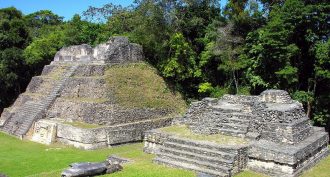 Tech
TechLaser vision reveals hidden worlds
From discovering ancient ruins to forecasting climate change, the laser mapping technology called lidar is changing many fields of science.
-
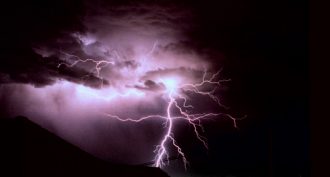 Earth
EarthMornings become electric
Lightning packs a wallop in the morning. The most powerful lightning strikes in the continental United States usually peak before noon.
-
 Tech
Tech‘Smart’ clothes generate electricity
Scientists in South Korea have developed a fabric that captures energy from its wearer’s motions and turns it into electricity.
-
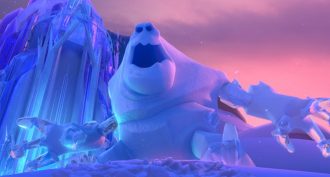 Physics
PhysicsScience in Hollywood
Audiences are getting smarter, so the makers of movies, TV shows and video games are responding by enlisting scientists to make everything on screen appear even more authentic.
-
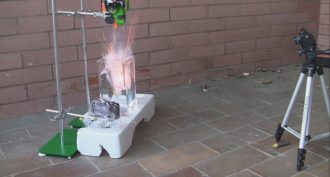 Chemistry
ChemistryWhy metals have a blast in water
Alkali metals explode in water. Using high-speed cameras, scientists have finally figured out why.
-
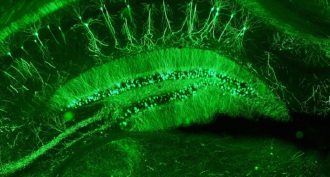 Brain
BrainScans show aging brains can leak
The blood-brain barrier gets leakier with age. That breakdown could contribute to memory problems.
-
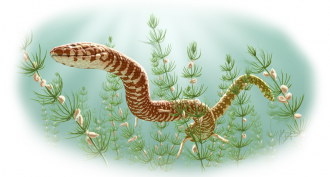 Fossils
FossilsSnakes may have slithered amongst Jurassic dinos
Newly analyzed fossils suggest snakes lived at the same time as the golden age of dinosaurs. These early snakes appear to have had flexible skulls and likely also had four small limbs.
-
 Physics
PhysicsSometimes light is not so fast
The speed of light is often called a “constant.” Experiments now show that light doesn't always reach its top speed.
-
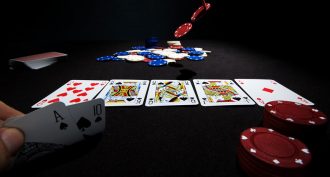 Computing
ComputingDon’t hold ’em – just fold ’em
Scientists have designed a problem-solving process that allows a computer to win at a kind of poker. It gives a computer enough knowledge to win against any opponent — eventually.
-
 Environment
EnvironmentImmunity: Environment can have big impact
A study on twins suggests that environmental factors can shape a person's immune system more than genes do.
-
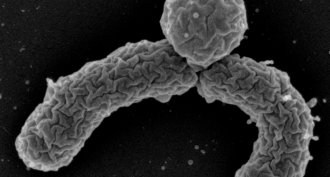 Health & Medicine
Health & MedicineNew germ fighter turns up in dirt
Scientists have found a compound in soil that can kill the microbes that cause anthrax, tuberculosis and other diseases.
-
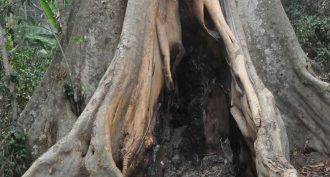 Microbes
MicrobesOngoing Ebola outbreak traced to hollow tree
Scientists suspect the current Ebola outbreak started with bats that lived in a hollow tree in Guinea. The outbreak's first victim, a two-year-old boy, often played in the tree.